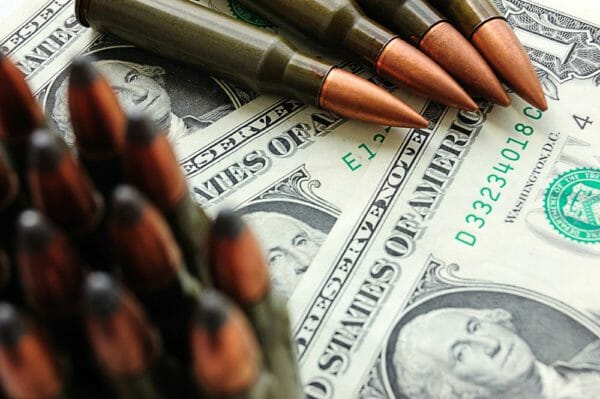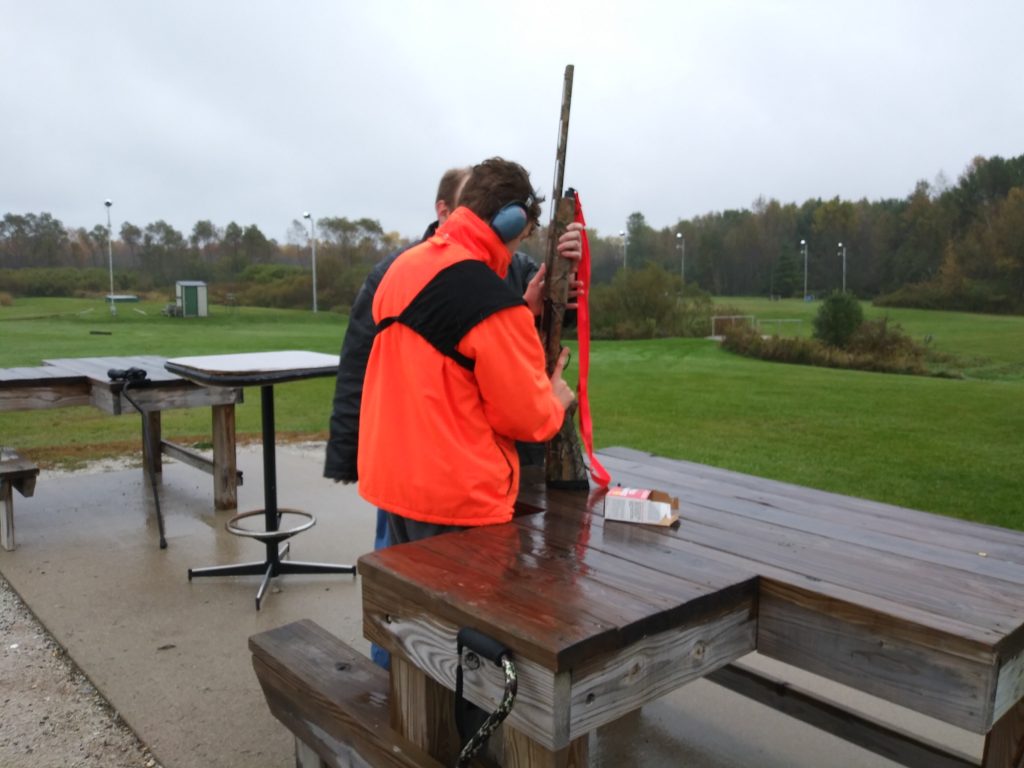Bank of America Bows to Pressure, Eases Restrictions on Firearms Lending

Bank of America (BoA) has made a significant change to its lending policies, relaxing its stance on financing firearms manufacturers. This move marks a shift from its previous strict ban on lending to companies that manufacture “military-style firearms,” a decision initially made in response to growing pressure from social and environmental advocacy groups.
Policy Change and Implications
In its revised Environmental and Social Risk Policy (ESRP) Framework, BoA replaced a definitive prohibition on firearms lending with a more flexible approach. The bank will now consider lending to firearms companies on a case-by-case basis, subject to “enhanced due diligence.” This means that transactions involving firearms manufacturers will be escalated to senior-level risk review committees for approval.
Bill Haldin, a spokesperson for Bank of America, told ‘The Reload’, “Certain client relationships or transactions that carry heightened risks go through a due diligence process that involves senior-level risk review.” This change suggests that firearms lending is no longer an outright “no,” but rather a matter that requires further scrutiny.
Political and Industry Reactions
The shift in policy comes amid increasing pressure from Republican-led states, which have implemented laws to counteract what they perceive as discriminatory practices against the firearms industry. Texas and Florida have enacted anti-discrimination laws that prohibit financial institutions from denying services to gun businesses based on political biases. These laws played a significant role in BoA’s decision to revise its policy.
Larry Keane, Senior Vice President of the National Shooting Sports Foundation, expressed cautious optimism about the policy change.
“We are encouraged by Bank of America’s announcement that it will no longer pursue a ‘woke’ policy of discriminating against members of our industry merely because they make and lawfully sell products Americans desire to purchase,” Keane said. He added that this move validates the efforts of states like Texas and Florida to combat financial discrimination against the gun industry.
Historical Context
BoA is no friend to Gun owners or the Firearms Industry. Remember, in 2021, it was discovered that BoA ratted out gun owners when Tucker Carlson of Fox News uncovered evidence that Bank of America is turning over the private transaction records of its customers to federal investigators without search warrants.
BoA’s initial ban on lending to firearms manufacturers was part of a broader movement among major banks to distance themselves from the gun industry following the 2018 Marjory Stoneman Douglas High School shooting in Parkland, Florida.

At the time, Anne Finucane, then-vice chairman at BoA, stated, “…It’s our intention not to finance these military-style firearms for civilian use.” The bank’s policy was seen as a response to public outcry for greater gun control and corporate responsibility.
Moving Forward
The recent revision to BoA’s policy indicates a shift in the bank’s approach to managing environmental and social risks. The bank aims to balance its business interests with its social responsibilities by introducing enhanced due diligence and senior-level reviews. This nuanced approach allows BoA to navigate the complex landscape of firearms financing while responding to political and social pressures.
This policy change is a positive development for the firearms industry, potentially opening up new financing opportunities. However, it remains to be seen how BoA will implement its enhanced due diligence process and whether this change will lead to increased lending to firearms manufacturers.
Overall, BoA’s decision reflects the ongoing tension between corporate policies and social advocacy, highlighting the challenges financial institutions face in balancing ethical considerations with business needs.
For pro-gun advocates, this move is a step in the right direction, signaling a potential shift away from what we view as discriminatory practices against the lawful firearms industry.
You may also like
-
The Golden Age of Small Arms Ammunition? ~ The Part of Trump’s Big Beautiful Bill No One Is Talking About
-
Urgent! Wisconsin Dems Ambush Gun Owners with Pre-July 4th Holiday Gun Control
-
CCRKBA: ‘Austria School Shooting Explodes U.S. Gun Control Myths’
-
Ammo Under Pressure: Why America Must Reinforce Domestic Ammunition Production Now!
-
Why The AR-10 Belongs in Your Arsenal
